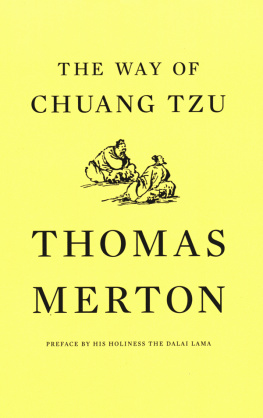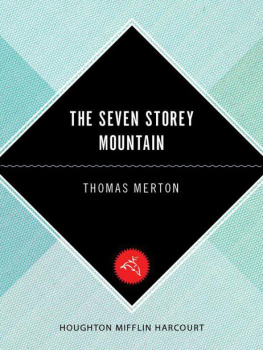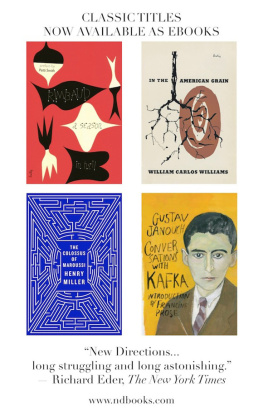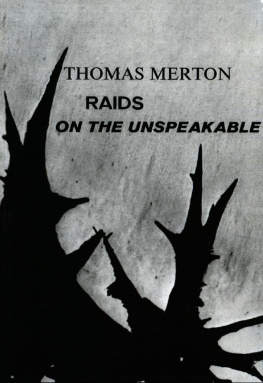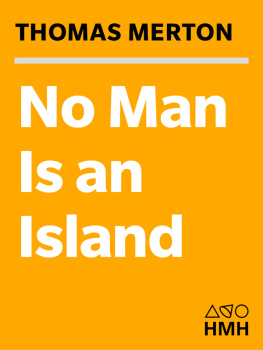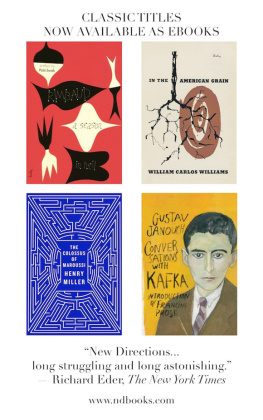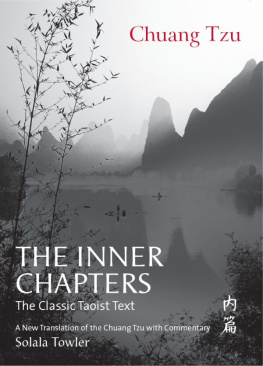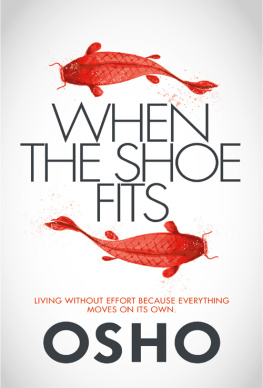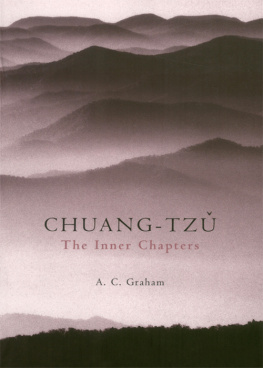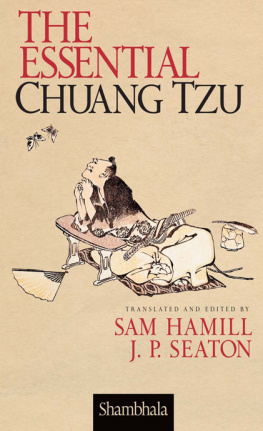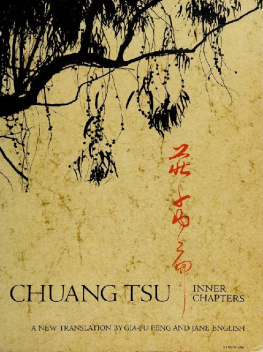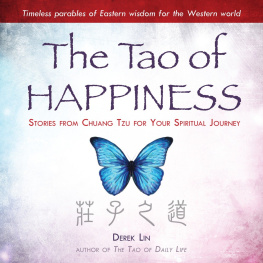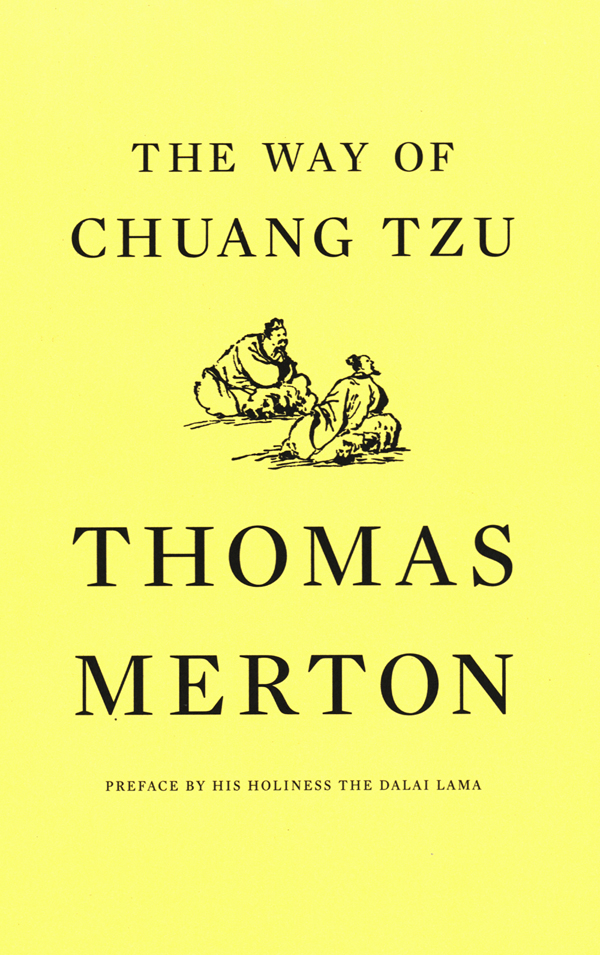CONTENTS
A TRIBUTE TO THOMAS MERTON
His Holiness the Dalai Lama
I have been moved a great deal today at this memorial or recollection of the life of Thomas Merton, and I am very happy that we have done this. From the point of view of a religious practitioner, and in particular as a monastic, Thomas Merton really is someone that we can look up to. From one point of view, he had the complete qualities of hearingwhich means study, contemplating, thinking on the teachingsand of meditation. He also had the qualities of being learned, disciplined and having a good heart. He not only was able to practice himself, but his perspective was very, very broad. Thus it seems to me that in this memorial or recollection of him, we should seek to be following his example that he gave to us.
In this way, even though the chapter of his life is over, what he was hoping to do and seeking to do can remain forever. Not only is his wonderful model being followed in this monastery, but it seems to me that if all of us followed this model, it would become very widespread and would be of very great benefit to the world. As for myself, I always consider myself as one of his Buddhist brothers. So, as a close friendor as his brotherI always remember him, and I always admire his activities and his life-style. Since my meeting with him, and so often when I examine myself, I really follow some of his examples. Occassionally, just as at this meeting, I really have a deep satisfaction knowing that I have made some contribution regarding his wishes.
And so for the rest of my life, the impact of meeting him will remain until my last breath. I really want to state that I make this commitment, and this will remain until my last breath. Thank you very much. Abbey of Gethsemani, Trappist, Kentucky
July 1996
A NOTE TO THE READER
The rather special nature of this book calls for some explanation. The texts from Chuang Tzu assembled here are the result of five years of reading, study, annotation, and meditation. The notes have in time acquired a shape of their own and have become, as it were, imitations of Chuang Tzu, or rather, free interpretative readings of characteristic passages which appeal especially to me.
These readings of my own grew out of a comparison of four of the best translations of Chuang Tzu into western languages, two English, one French, and one German. In reading these translations I found very notable differences, and soon realized that all who have translated Chuang Tzu have had to do a great deal of guessing. Their guesses reflect not only their degree of Chinese scholarship, but also their own grasp of the mysterious way described by a Master writing in Asia nearly twenty-five hundred years ago. Since I know only a few Chinese characters, I obviously am not a translator. These readings are then not attempts at faithful reproduction but ventures in personal and spiritual interpretation. Inevitably, any rendering of Chuang Tzu is bound to be very personal.
Though, from the point of view of scholarship, I am not even a dwarf sitting on the shoulders of these giants, and though not all my renderings can even qualify as poetry, I believe that a certain type of reader will enjoy my intuitive approach to a thinker who is subtle, funny, provocative, and not easy to get at. I believe this not on blind faith, but because those who have seen the material in manuscript have given evidence of liking it and have encouraged me to make a book out of it. Thus, though I do not think that this book calls for blame, if someone wants to be unpleasant about it, he can blame me and my friends, and especially Dr. John Wu, who is my chief abettor and accomplice, and has been of great help in many ways. We are in this together. And I might as well add that I have enjoyed writing this book more than any other I can remember.
So I declare myself obdurately impenitent. My dealings with Chuang Tzu have been most rewarding. John has a theory that in some former life I was a Chinese monk. I do not know about that, and of course I hasten to assure everyone that I do not believe in reincarnation (and neither does he). But I have been a Christian monk for nearly twenty-five years, and inevitably one comes in time to see life from a viewpoint that has been common to solitaries and recluses in all ages and in all cultures. One may dispute the thesis that all monasticism, Christian or non-Christian, is essentially one.
I believe that Christian monasticism has obvious characteristics of its own. Nevertheless, there is a monastic outlook which is common to all those who have elected to question the value of a life submitted entirely to arbitrary secular presuppositions, dictated by social convention, and dedicated to the pursuit of temporal satisfactions which are perhaps only a mirage. Whatever may be the value of life in the world there have been, in all cultures, men who have claimed to find something they vastly prefer in solitude. St. Augustine once made a rather strong statement (which he later qualified), saying That which is called the Christian religion existed among the ancients and never did not exist from the beginning of the human race until Christ came in the flesh (De Vera Religione, 10). It would certainly be an exaggeration to call Chuang Tzu a Christian and it is not my intention to waste time in speculation as to what possible rudiments of theology might be discovered in his mysterious statements about Tao.
This book is not intended to prove anything or to convince anyone of anything that he does not want to hear about in the first place. In other words, it is not a new apologetic subtlety (or indeed a work of Jesuitical sleight of hand) in which Christian rabbits will suddenly appear by magic out of a Taoist hat. I simply like Chuang Tzu because he is what he is and I feel no need to justify this liking to myself or to anyone else. He is far too great to need any apologies from me. If St. Augustine could read Plotinus, if St.
Thomas could read Aristotle and Averros (both of them certainly a long way further from Christianity than Chuang Tzu ever was!), and if Teilhard de Chardin could make copious use of Marx and Engels in his synthesis, I think I may be pardoned for consorting with a Chinese recluse who shares the climate and peace of my own kind of solitude, and who is my own kind of person. His philosophical temper is, I believe, profoundly original and sane. It can of course be misunderstood. But it is basically simple and direct. It seeks, as does all the greatest philosophical thought, to go immediately to the heart of things. Chuang Tzu is not concerned with words and formulas about reality, but with the direct existential grasp of reality in itself.
Such a grasp is necessarily obscure and does not lend itself to abstract analysis. It can be presented in a parable, a fable, or a funny story about a conversation between two philosophers. Not all the stories are necessarily by Chuang Tzu himself. Indeed, some are about him. The Chuang Tzu book is a compilation in which some chapters are almost certainly by the Master himself, but many others, especially the later ones, are by his disciples. The whole Chuang Tzu book is an anthology of the thought, the humor, the gossip, and the irony that were current in Taoist circles in the best period, the 4th and 3rd centuries B.C .
But the whole teaching, the way contained in these anecdotes, poems, and meditations, is characteristic of a certain mentality found everywhere in the world, a certain taste for simplicity, for humility, self-effacement, silence, and in general a refusal to take seriously the aggressivity, the ambition, the push, and the self-importance which one must display in order to get along in society. This other is a way that prefers not to get anywhere in the world, or even in the field of some supposedly spiritual attainment. The book of the Bible which most obviously resembles the Taoist classics is Ecclesiastes. But at the same time there is much in the teaching of the Gospels on simplicity, childlikeness, and humility, which responds to the deepest aspirations of the Chuang Tzu book and the Tao Teh Ching. John Wu has pointed this out in a remarkable essay on St. Therese of Lisieux and Taoism, presently to be republished in a book together with his study of Chuang Tzu.

